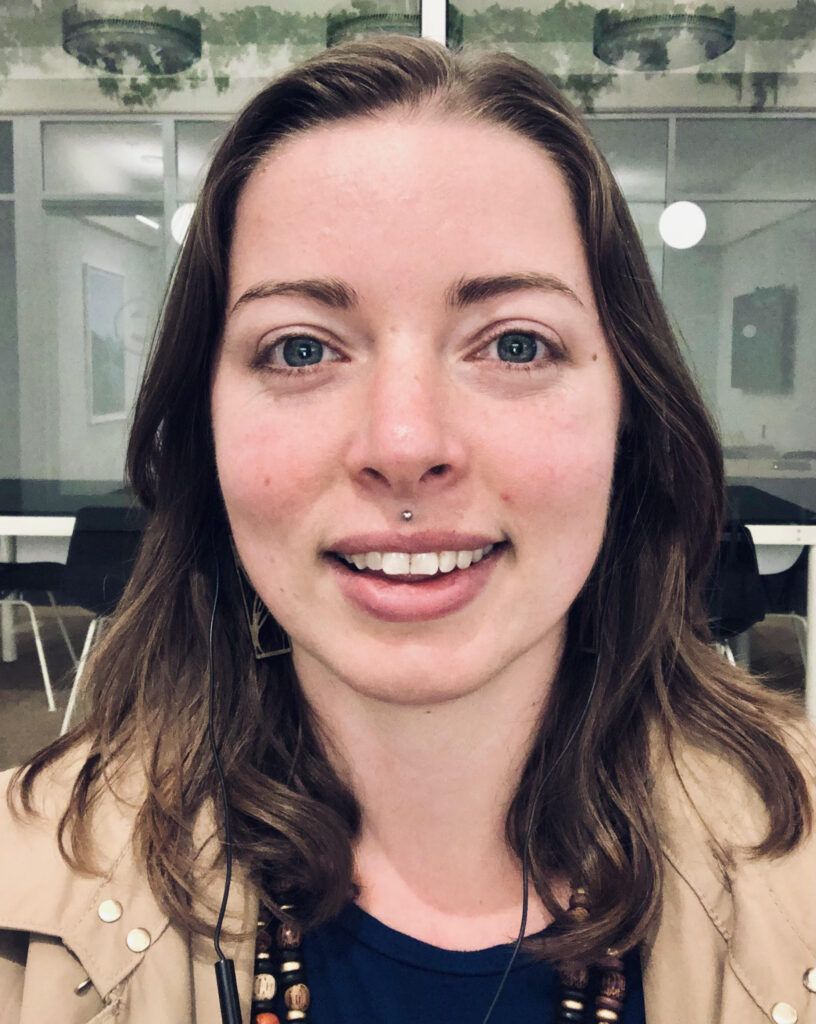In September 2020, in the middle of lockdown in New York City, my little brother had a manic episode for the first time. I jumped on a plane and broke quarantine rules to be there and do whatever was needed to keep him safe. I had to make a choice, with very few options and very little time, and I called an ambulance to send him to hospital. He was given antipsychotics and locked up for two weeks. Later, as his mood went from dangerously up to dangerously down, I got him on a plane home to Australia, even while the borders were closed. I was afraid that if he needed emergency help again he’d be shot by police–I’d heard they have a habit of doing that here.
Amidst a devastating breakup, and while reckoning with the idea that he was now one of the ‘mentally ill’, he started saying that he wanted to end his life. He then spent three months locked up in an Australian psych ward. No therapy, no exercise, no distractions, sharing a room with other patients who behaved in frightening and erratic ways. The ward was on lockdown every few days because the police were called to incidents of violence. His medications were constantly changed and often made him feel worse about himself. His doctors said the place was making him worse, yet he wasn’t legally allowed to go anywhere else. Around the three month mark he escaped the emergency ward yet again while on leave, and went to a bridge near my Dad’s house and killed himself.
He was 24.
What infuriates me is how common this story is. That people who are taken to be helped by the psychiatric crisis system get worse. Many current or former psychiatric patients say they would do everything they can to avoid another inpatient stay. Suicide rates increase in the days after someone is discharged from hospital. It is horrifying that for many people in the depths of a psychiatric crisis that getting ‘help’ holds the possibility of being harmed even further.
I am no stranger to the psychiatric system, although I’ve not graced the inside of a ward as a patient yet, thankfully. I’ve been accompanying other family members to the emergency ward and visiting them in inpatient wards since I was 15 years old. When I was 15, I believed there must be something I didn’t understand about psychiatric treatment that would help me make sense of why psych wards felt like such awful places and not places of healing. Now I know more, but enough to know that I picked up on real things that were wrong when I was young but didn’t have words or the power to do something about them.

I’ve had my fair share of experiences of extreme states as a meditator and spiritual practitioner, and have had the privilege of being able to avoid being treated by the system myself because of a supportive community, my own spiritual practices, and practices in self-therapy and expressive arts. I am aware of how lucky I am, and how rare this kind of support is. I wish these privileges had been available to my brother, or to my cousin, who also killed himself at age 19.
My name is Jessica Watson Miller, and I’m the founder of psychcrisis.org. If you’d like to say hi, email me at jess@psychcrisis.org.